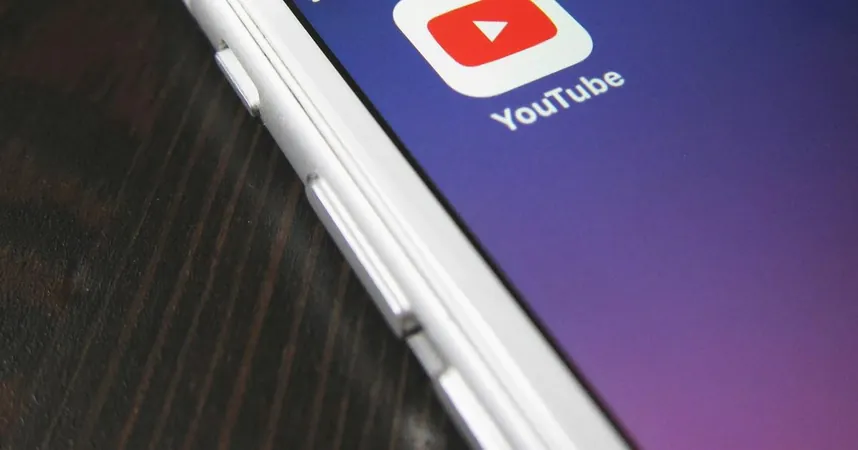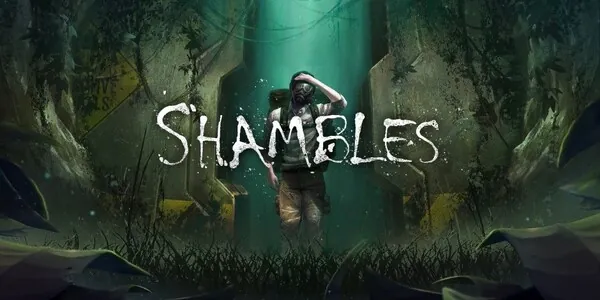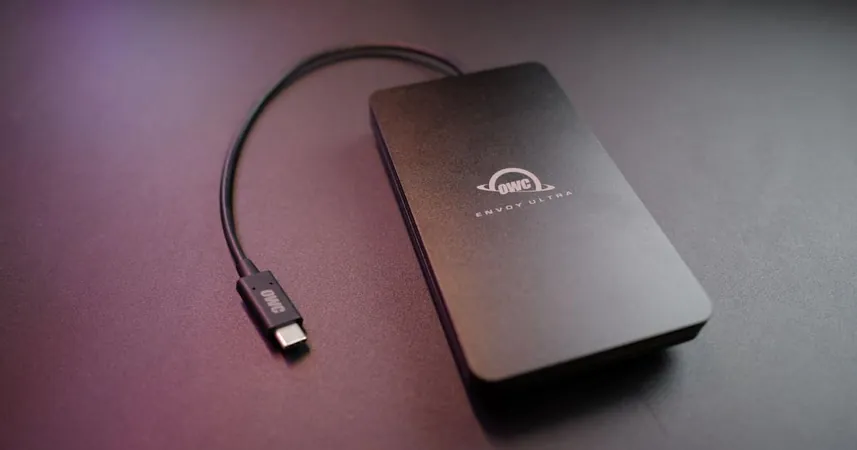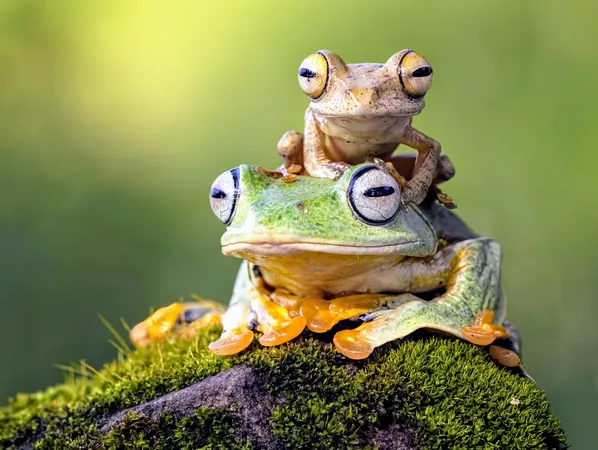
YouTube Enters the Podcasting Arena with Innovative Ad Tests
2025-03-24
Author: Daniel
YouTube is taking significant steps to enhance its podcasting capabilities by testing new advertising features that address common concerns voiced by creators in the YouTube podcasting community. As video chat shows gain immense popularity, the platform recognizes the potential to expand its podcasting audience and revenue opportunities.
Currently, YouTube implements its own programmatic ads on videos and shares the revenue generated from these ads with content creators, including podcasters and publishers. However, traditional podcast platforms like Apple Podcasts and Spotify allow podcasters to sell their own host-read ads, which can be replaced once a podcaster reaches a specific download target. This flexibility ensures that listeners of older episodes encounter more relevant advertisements, thus maximizing the potential for podcasters to earn more from their ad space.
Despite YouTube's growth as a popular destination for podcasts, the absence of dynamically inserted host-read video ads remains a hurdle for many creators. Ads read by hosts remain fixed in the video, limiting opportunities for repeated monetization through refreshed ad content. If YouTube were to implement this dynamic ad feature, it could significantly increase the earnings potential for podcasters by allowing for higher-priced ad packages and greater bundling possibilities across various podcast platforms.
However, there are challenges to consider as this could alter the podcast ad market dynamics. Unlike the stable and predictable download numbers seen on platforms like Spotify or Apple Podcasts, YouTube viewership can fluctuate dramatically based on algorithm performance and virality. Additionally, YouTube viewers, who often discover content incidentally, are perceived as less valuable compared to dedicated podcast listeners, which could result in lower ad rates on the platform.
Nonetheless, this proactive move highlights YouTube's commitment to supporting podcasting and showcases the medium's importance to its overall business strategy. The platform recently revealed impressive statistics, including over 400 million hours of monthly podcast listenership and one billion users who engaged with podcast content in just a month. Furthermore, YouTube is ramping up partnerships with news creators, signaling an intention to be a major player in the podcasting landscape.
Interestingly, the podcasting department at YouTube has seen personnel changes, including the exit of its inaugural Director of Podcasting, Kai Chuk, amidst a reorganization that merges Podcast Partnerships with Teams focused on News and Civics. This shift underlines the evolving focus areas within the company.
In a recent interview, YouTube’s CEO emphasized that the satisfaction of their top content creators is a priority. He articulated, 'YouTube must remain the most efficient platform for creators to connect with their audiences worldwide and must also facilitate their monetization efforts. We have paid out $70 billion to creators and partners in the last three years, reaffirming our dedication to their success.'
This increased focus on podcasting by YouTube has not gone unnoticed by competitors. Spotify, having made substantial investments in the podcast space in recent years, has adopted innovative strategies, such as integrating video for top podcasters and launching ad-free subscriptions. Meanwhile, Netflix is reportedly considering its own move into the podcast world, signaling a competitive market ahead. As these media giants compete for podcasting supremacy, creators and audiences alike are poised for an exciting evolution in how they consume and monetize audio content.




 Brasil (PT)
Brasil (PT)
 Canada (EN)
Canada (EN)
 Chile (ES)
Chile (ES)
 Česko (CS)
Česko (CS)
 대한민국 (KO)
대한민국 (KO)
 España (ES)
España (ES)
 France (FR)
France (FR)
 Hong Kong (EN)
Hong Kong (EN)
 Italia (IT)
Italia (IT)
 日本 (JA)
日本 (JA)
 Magyarország (HU)
Magyarország (HU)
 Norge (NO)
Norge (NO)
 Polska (PL)
Polska (PL)
 Schweiz (DE)
Schweiz (DE)
 Singapore (EN)
Singapore (EN)
 Sverige (SV)
Sverige (SV)
 Suomi (FI)
Suomi (FI)
 Türkiye (TR)
Türkiye (TR)
 الإمارات العربية المتحدة (AR)
الإمارات العربية المتحدة (AR)